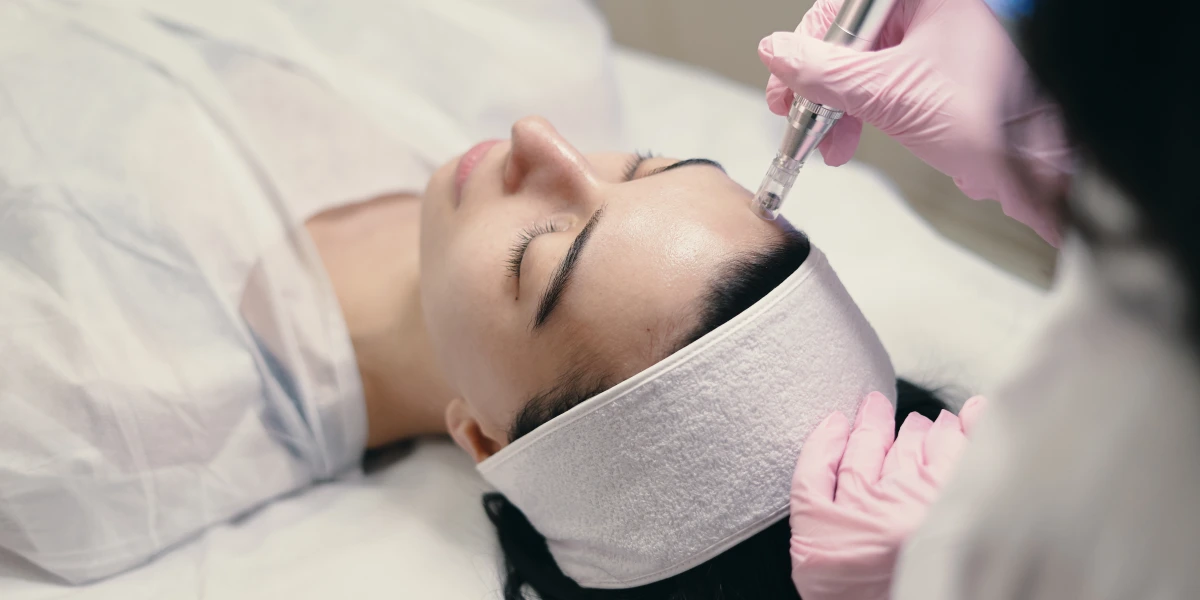How Malaysians Are Rethinking Eye Health
A Closer Look at the Rise of Eye Specialists in Malaysia
Growing up in Malaysia, eye health was rarely talked about unless someone couldn’t read the whiteboard at school. Most of us only visited the optician when it was time to update our glasses—or when a parent noticed us squinting too much. Eye care was often seen as a quick errand, not a part of overall health management.
But in recent years, I’ve noticed a shift. Friends in their 30s are going for eye check-ups voluntarily. A colleague recently mentioned booking an appointment with a specialist after experiencing blurry vision—not heading straight to the nearest optical shop, but an actual eye specialist in Malaysia. That wouldn’t have happened ten years ago.
The change seems subtle, but it reflects a deeper transformation: Malaysians are starting to take eye health more seriously. It’s no longer just about glasses or contact lenses—it’s about long-term vision care, early detection of eye conditions, and trusting the right professionals.
The Growing Demand for Eye Specialists in Malaysia
Several factors are driving this shift. One of the most obvious is screen time. With long work hours in front of laptops, endless scrolling on smartphones, and even kids glued to tablets for online learning, eye strain has become a daily reality. In fact, a 2022 study highlighted a sharp rise in digital eye strain among the younger population since the pandemic began.
We’re also an ageing society. According to the Department of Statistics Malaysia, by 2030, 15% of our population will be aged 60 and above. With age comes increased risk of cataracts, glaucoma, and other degenerative eye conditions—prompting more people to seek specialist care earlier.
But perhaps just as important is the growing awareness. Health campaigns, social media content, and even word-of-mouth stories about early diagnoses have encouraged people to take eye problems more seriously. I remember my uncle, who casually mentioned “seeing shadows” in his vision. Turned out, it was the early stage of retinal detachment. Luckily, he got it checked just in time.
From Optical Shops to Medical-Grade Eye Specialists
For many Malaysians, the default response to eye issues is still, “Go check with the optical shop.” And in fairness, optometrists do play an important role—especially when it comes to routine eye checks, prescribing glasses, or detecting general vision problems.
But there’s often confusion between an optometrist and an ophthalmologist. The difference is critical. Optometrists are trained to perform eye exams and detect vision issues, but ophthalmologists are medical doctors who can diagnose and treat eye diseases—sometimes even perform surgery when needed.
A friend of mine, Farah, learned this the hard way. She had been experiencing constant dryness and occasional blurry patches. She visited two different optical shops over a few months, and each time was prescribed a different lens or eyedrop. Nothing worked. It wasn’t until she finally went to a hospital and met with an ophthalmologist that she was diagnosed with early-stage keratoconus, a progressive eye disorder that can lead to permanent vision loss if not treated early.
That delay almost cost her the stability of her vision.
It’s a story that’s more common than we think—especially when many still see eye health as a “retail service” rather than a medical need. That mindset is changing, but slowly. And part of the shift comes from Malaysians becoming more informed about what kind of eye professional to seek out, and when.
What Malaysians Look for in a Trusted Eye Specialist
When it comes to choosing a specialist, trust is everything. But trust doesn’t come from titles alone—it’s a mix of experience, reputation, technology, and how patients are treated from the moment they walk through the door.
Malaysians are increasingly discerning. Most of us now read online reviews, check credentials, and even scout the clinic’s social media before making an appointment. In urban areas especially, there’s a growing expectation for advanced diagnostic tools, detailed explanations, and even personalized follow-up care. It’s not just about getting treated—it’s about feeling assured throughout the process.
Affordability also matters. While some are willing to pay more for reputable care, there’s a real appreciation for clinics that offer transparent pricing or package consultations. Time is another factor—locations with streamlined booking systems, shorter wait times, and integrated services often stand out more.
Technology is a quiet but powerful trust factor. The moment a clinic mentions things like OCT scans, femtosecond lasers, or AI-assisted diagnostics, it subtly reassures patients that they’re in capable hands—even if we don’t fully understand the tech. It signals precision and modern care, which goes a long way in reducing anxiety.
At the end of the day, Malaysians may still start their eye care journey at an optical shop—but increasingly, we’re looking beyond retail. We want professionals who can advise, diagnose, and most importantly, care beyond the prescription.
Choosing a Reputable Eye Specialist in Malaysia
With more Malaysians shifting their mindset around eye health, the next question becomes: how do we choose the right eye specialist?
There’s no one-size-fits-all answer, but there are a few things most people consider—experience, clarity in communication, availability of advanced diagnostic tools, and a sense of being truly cared for.
In today’s digital world, even the clinic’s online presence can influence that decision. A well-maintained website, patient education materials, and transparent information about services often reflect a clinic’s professionalism and readiness.
The key is to find a place that doesn’t just treat your symptoms—but helps you understand your vision better.
Final Thoughts: A Vision-Centered Mindset for the Future
As someone who’s always taken my eyesight for granted, I now see it differently—pun not intended. Whether it’s from spending too much time in front of screens or hearing stories like Farah’s, it’s become clear that our eyes deserve more attention than they typically get.
We’re moving into an era where preventive care is gaining momentum, not just for chronic diseases but for something as fundamental as vision. And that’s a good thing. Because when you think about it, clearer vision isn’t just about sharper eyesight—it’s about clarity in how we view our health, our lifestyle, and our future.
So maybe the next time you catch yourself rubbing your eyes after a long workday, or notice your child squinting at the TV, take it as a sign. Book that eye check-up. Not just with any provider—but with someone who sees what you can’t.



